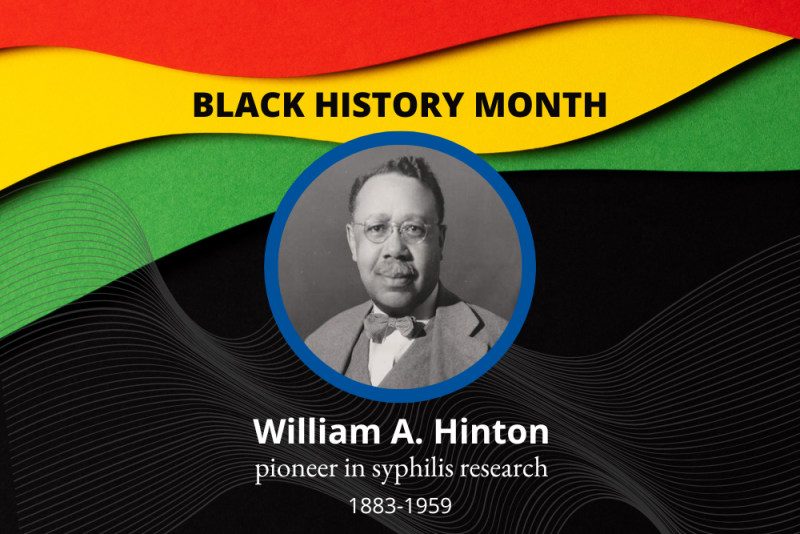
Black History Month is a time where we recognize the key roles, contributions, and sacrifices of African Americans throughout U.S. history. When February was designated as Black History Month in 1976, President Gerald Ford urged all Americans to “seize the opportunity to honor the too-often neglected accomplishments of Black Americans in every area of endeavor throughout our history.”
Black History Month celebrates diversity. When we celebrate diversity, we support the idea that diversity is wonderful. Black History Month not only recognizes the achievements of African Americans, but it publicly honors them. When we celebrate the achievements of people, groups, and cultures from around the world, we commemorate our shared history. Black History Month gives us an opportunity to learn about other Black historical figures that have impacted our lives and world.
Black scientists helped launch us into space, discovered new disease treatments, and developed world-changing technologies. However, when asked to identify career areas with prominent examples of Black achievement, people have a difficult time naming individuals. The contributions of many are largely forgotten and unrecognized or credited to others.
We at IIB celebrate Black History Month and want to highlight the accomplishments and contributions of Black immunologists. We start with Dr. William Augustus Hinton.
William Hinton was born in 1883 to parents who had grown up enslaved in North Carolina. Hinton attended the University of Kansas and then Harvard. He received his M.D. from Harvard Medical School (HMS) in 1912, but as an African American, was barred from practicing surgery in Boston.
He volunteered at Massachusetts General Hospital and became an expert in diagnosing and treating syphilis, mostly by performing autopsies of patients suspected to have died from the disease. He was named chief of the Wasserman Laboratory at the Massachusetts Department of Public Health in 1915 and subsequently returned to Harvard Medical School, where he started teaching courses in immunology and bacteriology. In 1949, he became the first African American to be made full professor at Harvard.
Hinton became the first Black person to write a medical textbook in the U.S.; his Syphilis and its Treatment was published in 1936. Hinton’s legacy also includes two novel tests for syphilis: a flocculation test and a serological test that became the standard for years and fully endorsed by the US Public Health Service in 1934. He also established the first laboratory training school for women.
Read the profile of Dr. Hinton, honored by Harvard Medical School 60 years after his death.